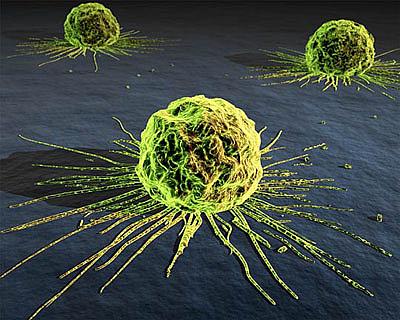Got cancer? There’s help out there, you just have to find it

In my last post, I told you how to research cancer centers. The skyrocketing costs of cancer care has raised the alarm of patient advocates and oncologists, especially as a growing number of U.S. families end up declaring bankruptcy over unpaid bills. One recent study showed that people with cancer were more than 2.5 times more likely to declare bankruptcy than people without cancer. But there are many ways to reduce the costs, even for patients who decide to travel for care.
“Most groups that offer free travel assistance require that the patient be ambulatory and medically stable as the pilots are not able to provide medical assistance. While some groups require proof of financial need, others do not,” says Robyn Stoller, founder and managing editor of www.CancerHawk.com, a website dedicated to providing cancer patients and their caregivers with the latest information and support networks.
Stoller, whose husband died of sarcoma in 2010, spent years traveling with him to get the best care and has used what she learned in the process to launch the CancerHawk site. which has a broad range of resources for the patient and caregiver.
Typically, patients are allowed to be accompanied by one family member or support person, she says.
Housing:
Some medical centers have dedicated housing for their traveling cancer patients and families. These enable patients to spend time with others who are battling cancer, while offering a significant financial savings, she says.
For example, Johns Hopkins (Baltimore, MD) has a nearby lodging residence, the Hackerman-Patz Patient & Family Pavilion; and MD Anderson (Houston, TX) owns the Jesse H. Jones Rotary House, a full-service hotel operated by Marriott. If you travel to New York city for treatment, Miracle House operates five 3-bedroom apartments located in midtown Manhattan for patients and caregivers.
Other centers will have made arrangements with nearby hotels to offer a “medical rate,” which is usually lower than the hotel’s “standard rate," says Stoller. If you stay at a hotel, make sure you ask if they offer a “medical rate.”
Stoller has listed several free or reduced rate housing options for cancer patients on CancerHawk.
Dearell Niemeyer, Managing Director, Mission Delivery Initiatives at American Cancer Society (ACS), says its Hope Lodge is free for cancer patients. There are 31 lodges, according to its website.
Air and ground travel
ACS has several programs aimed at reducing travel costs to cancer patients. They include the Road to Recovery program, where a volunteer may take a patient to treatment at no cost. It also has voucher programs for discounts on cabs or other transportation.
The ACS’s air miles program uses donated frequent flyer miles. It can have small administrative fees, but greatly reduces air fares. The program availability is limited to the amount of donated miles on hand.
For air travel, Stoller lists on CancerHawk more than a dozen organizations that offer free travel.
Treatment:
For help with treatment costs, you might consider joining a clinical trial, which are free to the patient in most cases, says Beth Foster, a breast cancer survivor and cancer coach.
Click here to find the National Cancer Institutes’s 10-step guide to finding a cancer treatment trial.
Foster notes that many top hospitals offer financial assistance, but you need to ask to find out.
Websites that help set up an account for anyone who needs help with medical bills include https://www.medgift.com and http://www.giveforward.com/s/learn/
Everything:
Cancer.net has put together a comprehensive list of organizations that offer help, including grants for medical costs, travel and housing.
This post originally ran in the Reuters "Cancer in Context" blog and has been reposted with permission.
Image by Tips Times via Flickr

